Karibu to the WILDLABS East Africa Community!
Why WE Exist
The East Africa community is the first WILDLABS regional hub. Started in 2022, it provides a space that creates opportunities for members to build their knowledge, skills, expertise, and reach. The idea behind creating the East Africa community spanned from the need to foster connections and collaborations of conservation and technology players in East Africa. We seek to make a genuine positive impact by tailoring resources and opportunities that will help solve conservation challenges in the region.
Follow Our Progress Since 2022
All we do at WILDLABS is firmly grounded on the community we serve and hope to serve! As part of this commitment, we dedicate time and resources to ensure that this platform is a reliable and credible resource to advance one’s knowledge and skills and be a step toward solving some of the most pressing conservation issues we face in East Africa.
We exist to fulfil the needs of conservation technology players in East Africa through resources and opportunities, to add value to their work, to inspire innovation and collaboration, and most importantly, to contribute towards making the world a better place!
What We Hope To Achieve
Purposefully designed to connect conservation technology practitioners and experts based in East Africa, the WILDLABS East Africa community is a great space to access and share conservation technology resources, ask and answer questions unique to the region, collaborate, and generate new, innovative ideas.
We encourage members to fill in knowledge and skills gaps by sharing their work and other resources to reduce and/or eliminate replication, leading to more streamlined and effective solutions. Through the conversations taking place within the community, members are able to connect with each other and get advice to advance their work, careers, and innovative ideas.
We hope to see interactions that generate new ideas that solve regional challenges, encourage innovation, introduce members to new applications of tech in conservation, and spark new questions on conservation tech in East Africa.
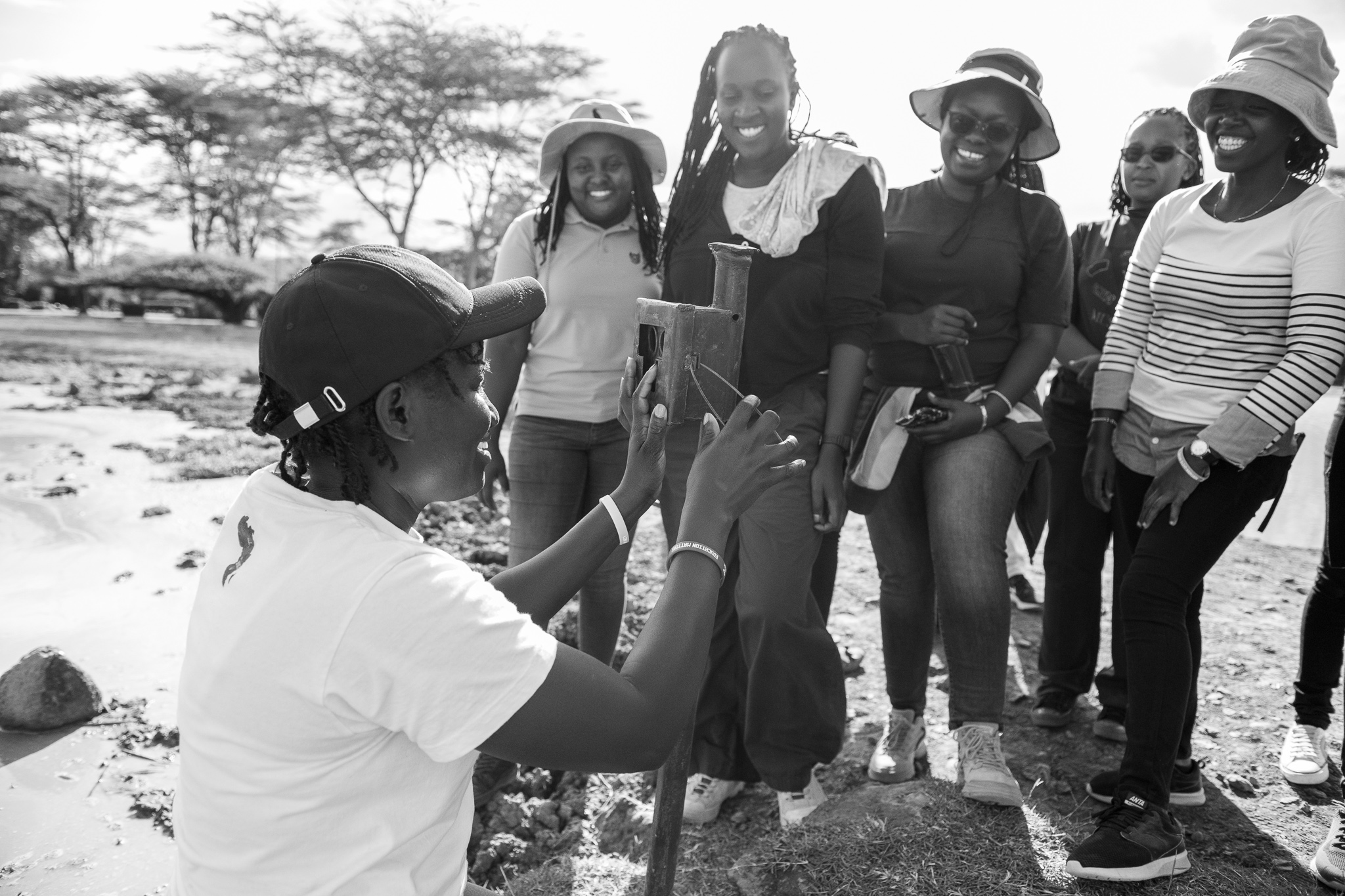
Resources
The WILDLABS team is dedicated to making conservation tech resources accessible to the whole community in a strategic and equitable manner. With a myriad of engaging events, programmes, conversations, and opportunities, the East Africa community will be a great virtual place to build one’s skills, knowledge, and networks. Growing a vibrant and diverse community is made possible by the collaborative efforts of all members through their interactions and their active participation in regional activities organized and supported by WILDLABS.
Some of the resources that will give you a feel of Conservation technology tools and systems implemented in East Africa include:
- Tech Tutors, East Africa
- InConversation, East Africa
- October 2024 East Africa Community Connect: Camera Traps
- December 2024 East Africa Community Connect: Drones
How To Get Involved
Are you keen on getting involved and understanding the intersection of conservation and technology in East Africa? This community offers an exceptional space to learn, share, collaborate and support one another on matters regarding conservation technology in East Africa. From posting articles, engaging in discussions, attending virtual and in-person events, to supporting, applying or taking part in programmes and opportunities in the community, these are some of the ways for you to get involved. The first thing you can do when joining our community is to attend our regular community gathering every other month. View the 2024 event calendar here.

The East Africa community exists because of each of you, and we hope you are happy to join and use the platform for knowledge sharing, collaboration and networking. You can join the community and interact with other members here. Get in touch with Agriphina Cletus and Cathy Njore, our WILDLABS East Africa Group Leaders.
Header Image: @Dylan Habil
Group curators
- @Agripina
- | Miss
Frankfurt Zoological Society
As a wildlife conservationist, I am deeply committed to nature conservation, community empowerment, and wildlife research in Tanzania. I've actively engaged in community-based projects, passionately advocating for integrating local communities into conservation.
- 3 Resources
- 23 Discussions
- 6 Groups
Chief Marketing Officer 🌎 Building Transparency through Data & Storytelling

- 2 Resources
- 3 Discussions
- 8 Groups
- @muganyizi
- | Mr.
Muganyizi Melchior Kamuganga is a Tanzanian youth passionate about creating positive social changes. He is a professional Wildlife manager and passionate beekeeper. He is a member of the Lightup impact community in east Africa, Masterpeace global network, Metis and Ashoka alumni
- 0 Resources
- 7 Discussions
- 8 Groups
A wildlife scientist, focusing mainly in primates conservation & research, Community-based conservation and ecosystems management.
- 2 Resources
- 1 Discussions
- 7 Groups
- @meredithspalmer
- | she/her
Yale University
Conservation, Innovation, Education
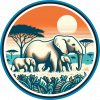

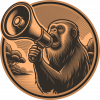
- 8 Resources
- 27 Discussions
- 9 Groups
Wildlife Conservation Society (WCS)
I am a devoted conservationist, natural resource management enthusiast interested in Elephant and Pangolin species and passionate about linking communities with environmental conservation
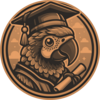
- 1 Resources
- 0 Discussions
- 13 Groups
- @MandyEyrich
- | She/Her
University of Florida (UF)
Bridging industries with 15+ years of cross-sector expertise specializing in user-centric technology and product strategy, UX research, UX/UI design, process optimization, and end-to-end agile product development moving from ideation to iteration.
- 0 Resources
- 0 Discussions
- 27 Groups
- 0 Resources
- 0 Discussions
- 1 Groups
- @ELINURU
- | He
Environmental scientist with experience in natural resource management, especially water, wildlife, forestry, and biodiversity conservation.
- 0 Resources
- 0 Discussions
- 4 Groups
- 0 Resources
- 0 Discussions
- 4 Groups
WildData Annotation Lab
- 0 Resources
- 0 Discussions
- 6 Groups
World Wide Fund for Nature/ World Wildlife Fund (WWF)
WWF-Tanzania GIS Specialist/Developer/Trainer
- 0 Resources
- 1 Discussions
- 7 Groups
- @ConnieWhiting
- | She/They
University of Cambridge
PhD at Cambridge Zoology, working in Cichlid plasticity and evolution
- 0 Resources
- 2 Discussions
- 3 Groups
Funding
Through this Competition, RCMRD aims to enhance the role of Geo-conservation in Protected Areas Management and Environmental Conservation. With a Total Prize Tag of 10,000 Euros, participants will be required to use...
19 August 2022
Careers
Mara Elephant Project is looking to hire a developer to be based full-time in Nairobi at the Mara Elephant Project office located on Karen. The role will also require frequent field visits to the project HQ located in...
19 August 2022
In this interview with wildlife scientist Arjun Dheer, we discuss pressing conservation issues in Africa, his experiences working as a wildlife researcher in several African countries, and a look into the future of...
11 August 2022
Article
Ceres Tag sends just in time alerts and GPS location to have the power to track and trace.
22 July 2022
#AGU22, where Science Leads the Future, will take place in Chicago and online everywhere on 12th-16th December. Submit your abstract by 3rd August, for the Global Environmental change session on: Applications of Earth...
18 July 2022
The Earth Species Project (ESP) is a nonprofit organization dedicated to decoding animal communication and translating non-human language.
15 July 2022
In an effort to sustainably supply clean water within the conservancy, Ol Pejeta has installed Hydropanels; a water technology that utilizes solar energy to extract clean, pollutant-free drinking water from the...
29 June 2022
In May, we kicked off the six month Women in Conservation Tech programme with our first in-person workshop. This was a jam-packed week of technical training, field activities, professional development and empowerment...
14 June 2022
Baotree addresses the challenge of data collection at the grassroots level; to ensure participatory, accurate and verifiable data is captured. A software piloted in Kenya and looking to scale globally, Baotree has so...
9 June 2022
Giraffe Conservation Foundation is seeking a Conservation Science Data Specialist, with a background in Computer sciences or Natural sciences, to assist with the day-to-day management and analysis of data to advance...
17 May 2022
Community Announcement
Are you an early career Kenyan conservationist looking to explore emerging conservation technologies while networking with a strong cohort of other female leaders? Apply now for our 6-month Women in Conservation Tech...
8 March 2022
On 3rd November 2021, Earthranger Announced Giraffe Conservation Foundation and Lion Guardians as the inaugral Conservation Tech Award Recipients. The two organizations are Harnessing the Power of Technology to Protect...
3 November 2021
October 2025
event
October 2024
September 2024
event
| Description | Activity | Replies | Groups | Updated |
|---|---|---|---|---|
| Thank You Netty! I love the new developments and the community setup. I am excited to see what is next. Thank you. |
|
East Africa Community | 3 years ago |
🌍🎶 **Inspiring Moments at the African Bioacoustics Community Conference!** 🎶🌍
18 September 2024 5:40pm
26 September 2024 1:08pm
Looking to understand SMART
31 July 2024 7:06pm
9 August 2024 1:30pm
In addition to the suggestions already listed, I'd recommend engaging with the SMART Community Forum:
There are also many peer reviewed papers on the topic, for example:
Conservation Technology - Google Books
The global loss of biodiversity is occurring at an unprecedented pace. Despite the considerable effort devoted to conservation science and management, we still lack even the most basic data on the distribution and density of the majority of plant and animal species, which in turn hampers our efforts to study changes over time. In addition, we often lack behavioural data from the very animals most influenced by environmental changes; this is largely due to the financial and logistical limitations associated with gathering scientific data on species that are cryptic, widely distributed, range over large areas, or negatively influenced by human presence. To overcome these limitations, conservationists are increasingly employing technology to facilitate such data collection. Innovative solutions have been driven by dramatic advances in the conservation-technology interface. The use of camera traps, acoustic sensors, satellite data, drones, and computer algorithms to analyse the large datasets collected are all becoming increasingly widespread. Although specialist books are available on some of these individual technologies, this is the first comprehensive text to describe the breadth of available technology for conservation and to evaluate its varied applications, bringing together a team of international experts using a diverse range of approaches. Conservation Technology is suitable for graduate level students, professional researchers, practitioners and field managers in the fields of ecology and conservation biology.
http://www.primate-sg.org/storage/pdf/VJP_3_4_pp59-68.pdf
Willingness to Adopt the Spatial Monitoring and Reporting Tool (SMART): The Case of Ugalla Game Reserve, Tanzania. | EBSCOhost
Discover this 2021 paper in Journal of Education, Humanities & Sciences (JEHS) by Magige, Flora John; Nahonyo, Cuthbert L.; Wilfred, Paulo; et. al. focusing on: TANZANIA; PROTECTED areas; EMPLOYEE training; HUMAN resources departments; LAW enforcement; GAMES
Law Enforcement for Wildlife Conservation (Chapter 2) - Artificial Intelligence and Conservation
Artificial Intelligence and Conservation - March 2019
Asia-Pacific Forest Sector Outlook: Innovative forestry for a sustainable ... - Pingault, N., Roshetko, J.M., Meybeck, A. (eds.) - Google Books
Young students and people, formally or informally engaged in the forest sector, will be the guardians and managers of tomorrow’s forests. Technology savvy, the youth can play an instrumental role in the uptake and scaling-up of innovative technologies (whether digital technologies, biological technologies, technical innovations on processes and products, or innovative finance and social innovations), able to advance sustainable development in the forest sector in the region. Young people can bring in the innovation debate forward-looking perspectives and out-of-the-box thinking. This is why FAO and CIFOR/FTA decided to strengthen their voice in the debate, relaying their experiences and propositions for sustainable innovation in the forest sector. This FAO and CIFOR co-publication gathers 13 youth contributions, carefully selected. These contributions illustrate, in various contexts, the potential of innovative technologies to advance sustainable forestry and sustainable forest management in the Asia-Pacific region.
26 August 2024 10:42am
Have you looked at some of the case studies published on SMART website. Also SMART webinars on Youtube could also interesting to understand the software.
Also recommend looking at SMART alternative EarthRanger which is far more simpler than SMART.
EarthRanger: Protecting Wildlife With Real-Time Data
EarthRanger: Protecting Wildlife With Real-Time Data
18 September 2024 10:52am
Hi loveness
Comprehending the given answers, I hope this link will help you understand more about SMART. its contain courses of SMART training
https://smart.campusuci2.com/course/index.php?categoryid=5
Thanks
7th International Training on Ecohydrology in Tanzania
14 September 2024 6:55pm
PROJECT MANAGER JOB OPPORTUNITY AT NORTH CAROLINA ZOO BASED IN TANZANIA
10 September 2024 6:54pm
Women in the Field 2024
10 September 2024 8:14am
Seeking Internship/Volunteer Opportunity in Human-Wildlife Interaction
25 August 2024 10:08pm
30 August 2024 8:46pm
Thank you so much CathyNj
4 September 2024 11:19pm
Dear Alex Rood,
Thank you so much for the advice. I’ll make sure to regularly check the career openings on resources page. I appreciate your support.
Effect of Climatic change on Animals "LIONS🦁"
29 August 2024 5:12pm
30 August 2024 9:27pm
Hello Nora.
Hope the information below will be usefull.
Climate change impacts lions’ physiology by causing extreme heat stress, which can lead to dehydration, impaired metabolism, and overall health issues. Reproductive physiology is affected as heat stress may reduce fertility and impact pregnancy and cub survival. Lions' immune systems can weaken due to increased disease risk, while behavioral changes, such as becoming more nocturnal to avoid heat, can affect their energy and nutrition. Additionally, reduced prey availability due to climate change can lead to malnutrition and poor body condition.
And in the side of young male and female, young male lions are particularly vulnerable as their higher energy expenditure and roaming behavior expose them to greater risks from climate impacts, including decreased prey and water availability. In contrast, young female lions face challenges related to reproductive health and cub survival. While both sexes are affected, young males are more prone to the negative effects due to their solitary lifestyle and increased conflict risks.
3 September 2024 12:13am
Hello Nora,
I hope the link below can provide you with some information.
CALL FOR SCHOLARSHIP APPLICATIONS
2 September 2024 11:46pm
The East Africa Community Connect!(Virtual)
30 August 2024 5:28am
MASTER'S DEGREE FULL SCHOLARSHIPS UNDER THE SAMIA SCHOLARSHIP PROGRAM FOR THE ACADEMIC YEAR 2024/2025
27 August 2024 3:14am
WILDLABS Virtual Meetup: Bioacoustics Policy Integration and Scientific Impact
22 August 2024 7:57pm
WILDLABS Virtual Meetup: Bioacoustics Data Analysis and AI
22 August 2024 7:22pm
WILDLABS Virtual Meetup: Bioacoustics Data Networks and Platforms
22 August 2024 5:45pm
You're Invited to the East Africa Community Connect!
 Agripina Cletus
and 2 more
Agripina Cletus
and 2 more
22 August 2024 11:00am
Community Choice Award Winners: 2024 #Tech4Wildlife Photo Challenge
15 August 2024 2:41am
East Africa Community Connect: August
14 August 2024 11:13am
Cast your vote in the #Tech4Wildlife Photo Challenge Community Choice Awards!
12 August 2024 1:46pm
12 August 2024 9:15pm
13 August 2024 11:26am
Human-wildlife conflicts junior consultancy
8 August 2024 7:54am
Healthy trees for our firewood
28 June 2024 5:09pm
6 July 2024 4:47pm
Most welcome @Agripina
5 August 2024 6:10pm
This is really interesting, thank you for sharing this knowledge
6 August 2024 8:00pm
Karibu sana
AI accelerator for nonprofits working in the Climate area
31 July 2024 3:01pm
31 July 2024 6:24pm
Great acomplishment!!!
1 August 2024 1:39pm
Thank you so much! Now everything is in the hands of amazing organizations and companies! But the first results of the Disaster Management cohort are bringing a very optimistic vision! :) I hope for the same in the Climate cohort!
PROTECTION OFFICER JOB POSITION AT SOUTHERN TANZANIA ELEPHANT PROGRAM(STEP)
31 July 2024 5:55pm
PROGRAM MANAGER JOB POSITION
31 July 2024 3:41pm
Area Manager for Baboon Management in Hermanus, South Africa.
30 July 2024 6:19pm
Volunteers needed for the season 2024!!
30 July 2024 6:13pm
Scientific Product Grant
26 July 2024 3:26pm
East Africa Community Announcement: Introducing our New East Africa Group Leaders
 Agripina Cletus
and 2 more
Agripina Cletus
and 2 more
24 July 2024 2:30pm
24 July 2024 1:36pm
9th INTERNATIONAL CONFERENCE ON CARTOGRAPHY & GIS
22 July 2024 9:33pm
Move BON Development: Follow up discussion
19 June 2024 12:02pm
11 July 2024 10:14pm
You can catch up on the recording at that same link to the June Variety Hour! Lacey's fabulous talk starts around the 9:40 mark :)
12 July 2024 5:38am
Hi Talia!
I feel like the topic is so broad that it might help to put some constraints around things, see what works, and then broaden those out. I have a lot of ideas regarding the data monitoring and collection side based on the other sensor and observation networks we've set up in the past.
There may also be some potential scope to incorporate things like data collection and integrated monitoring to the Build Your Own Datalogger series where the system is updated to feed data into the observation network.
It'd probably take a bit of discussion and coordination. Let me know if interested. I'm fine to jump on a call or discuss via email too.
22 July 2024 9:24pm
@cmwainaina please take a look
Introducing Toilet Mapper: Enhancing Public Health and Safety through Innovative Mapping
22 July 2024 11:51am

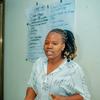




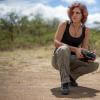




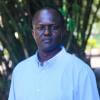
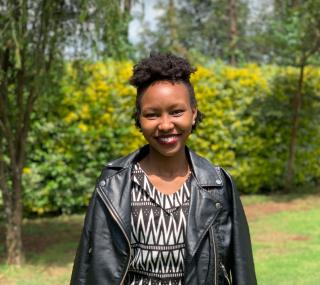






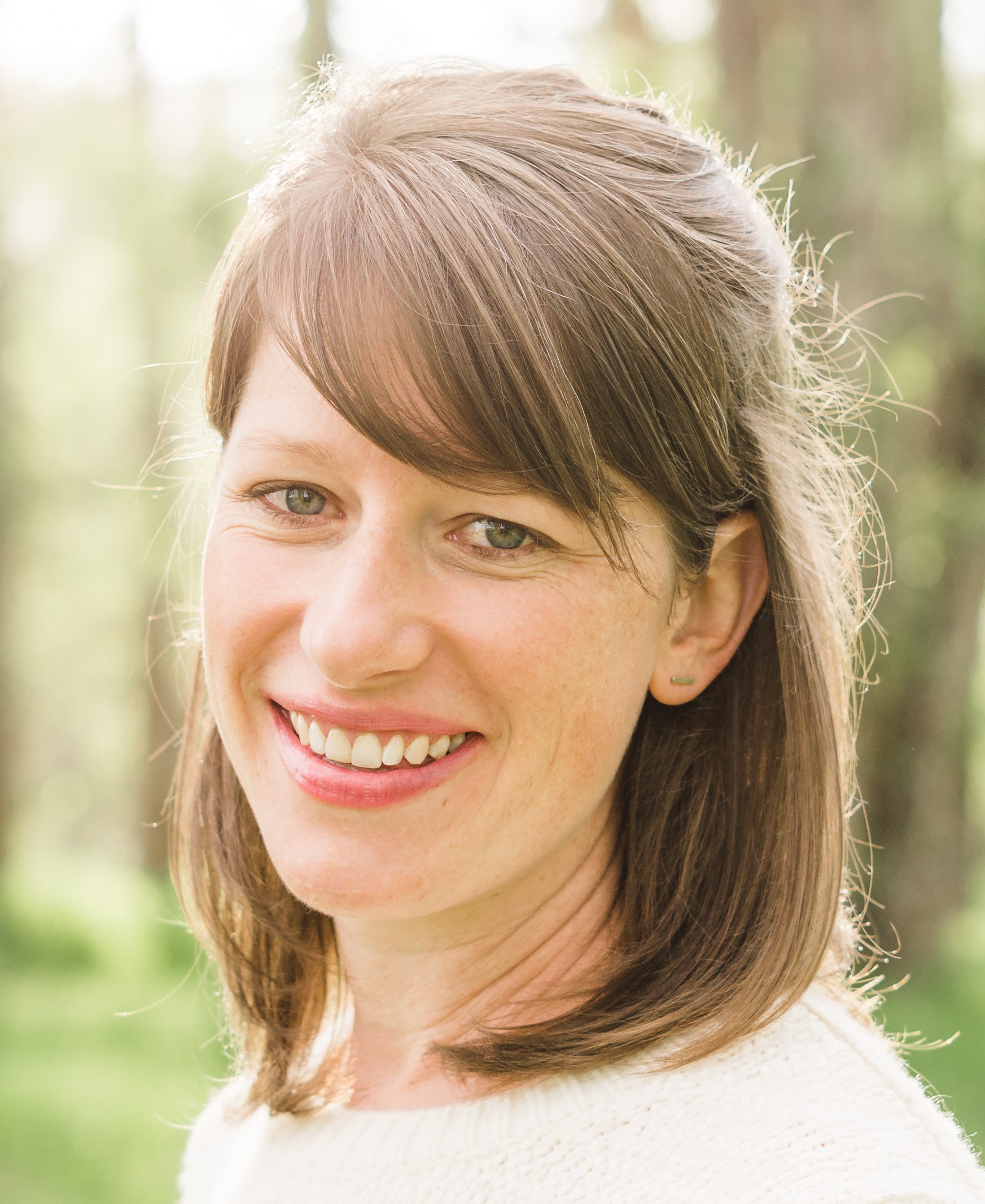








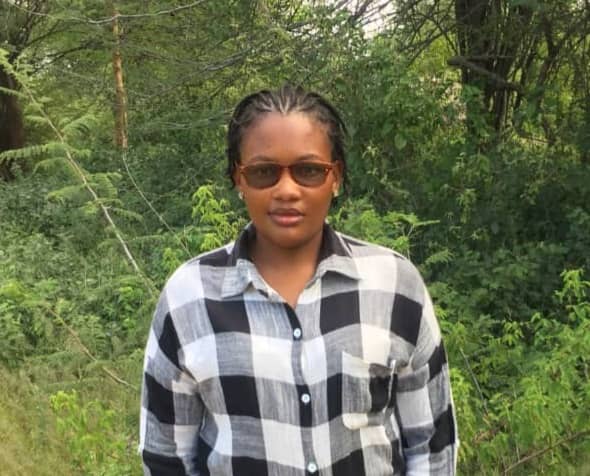



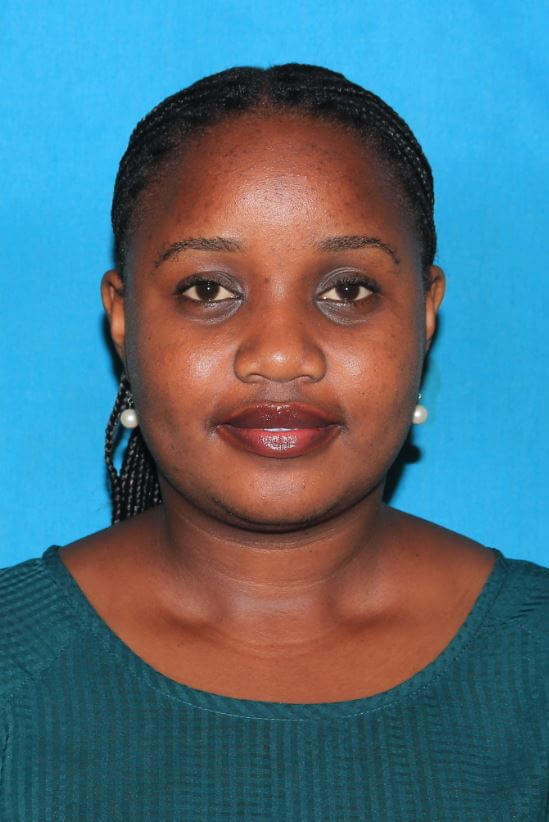
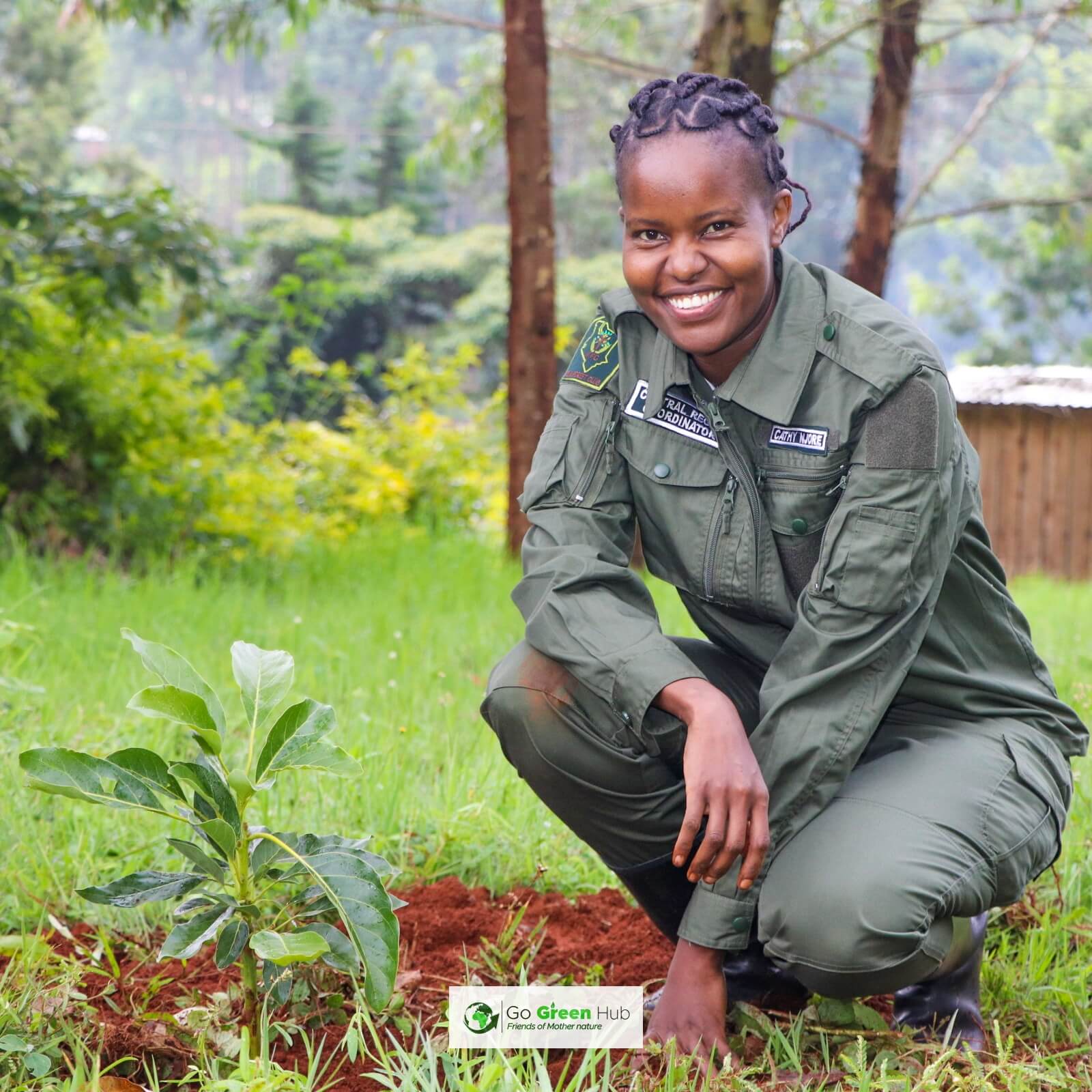




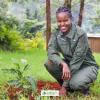





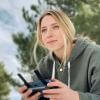


18 September 2024 5:37pm